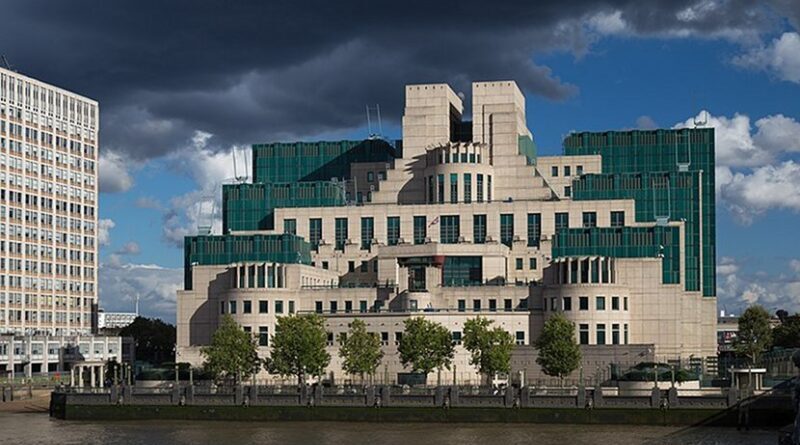Poisoned Russian Ex-Spy Aided British Intelligence After Exile
By RFE RL
(RFE/RL) — The former Russian spy who was poisoned this week by a nerve agent continued to provide Western intelligence agencies with information after arriving in Britain as part of a spy swap in 2010, media are reporting.
The Financial Times and other British news outlets, citing British security sources, reported on March 9 that Sergei Skripal continued to discuss Russian intelligence capabilities with Western agencies, although his value as a source “quickly faded.”
“He was useful for a limited period,” a senior security source who asked not to be identified told the Financial Times, which cited Skripal’s continued cooperation with the West as a possible motive for his poisoning.
Skripal, a retired Russian military intelligence colonel, was convicted by a Moscow military court in 2006 of “high treason” for passing the identities of Russian intelligence agents to Britain’s Secret Intelligence Service, or MI6, in return for $100,000. He was one of four Russian prisoners released in 2010 in exchange for 10 Russian sleeper agents.
Skripal, 66, and his daughter Yulia, 33, remained in critical condition at a hospital in Salisbury, England, late on March 9, after being exposed to what British authorities said was a “rare” nerve agent in an “attempted murder” on March 4.
“While it wasn’t spying, there was an ongoing use” after Skripal’s release in 2010 for information he provided to Western intelligence services, particularly as they trained their own spies, a second official told the Times.
“This is what the Russian priorities were; this is how they infiltrate the west, how they recruit, how to counter intelligence . . .these types of things. Especially as we train people up, that was an ongoing use,” the official said.
The security officials told the Times and other media that Skripal may have given occasional presentations and talks to U.K. military and intelligence personnel after arriving in Britain.
The security officials told the Times, however, that reports Skripal continued to work in recent years for private companies that do work for British military and intelligence agencies were not credible.
The news about Skripal’s activities during his exile in Britain came as Britain’s Ministry of Defense said some 180 troops, including some chemical experts, have been sent to Salisbury to remove ambulances and other objects involved in the incident.
Counterterrorism police, who are leading the investigation, said “the public should not be alarmed,” adding, “military assistance will continue as necessary during this investigation.”
British authorities have called the poisoning an “appalling and reckless crime” that they are treating as “attempted murder,” and have said they will respond appropriately if evidence shows Moscow was behind the incident.
Moscow has denied involvement and asserted that anti-Russian hysteria is being whipped up by the British media.
Police said a total of 21 people were treated in hospital following the incident, but only Skripal, his daughter, and Nick Bailey, a police officer who was among the first to respond to the incident, remain hospitalized.

